Just over a year ago, when Imperial Bank was put under receivership, Central Bank governor Dr Patrick Njoroge was so bullish about its revival that he promised to sort the issue in a matter of months. But 14 months later, that exuberance has turned into a convoluted journey of legal battles. Optimism, which was once a plentiful commodity among shareholders of the bank and depositors, has been replaced with despair.
A review of events of the past year and the court cases around Imperial Bank’s collapse shows a pattern of a well-laid scheme to frustrate the bank’s revival in favour of liquidation, which goes against Central Bank’s promise of getting the bank back into operations and its mandate of protecting shareholders and depositors.
In December 2015, the planned reopening of Imperial Bank was thrown into disarray when Central Bank of Kenya unveiled a plan that would allow depositors to access up to Ksh1 million, kicking off the transfer and exclusion process through Diamond Trust Bank and KCB.
This was taken to be the first steps towards liquidation and shareholders moved to court to stop it until all available recovery proposals are objectively considered. CBK blames the court case for delays in finding a ‘lasting solution’. Once again, the deadline was pushed from March to April.
The doublespeak from CBK – which started with the regulator blaming shareholders for not acting fast enough to recapitalize the bank even without due diligence – has resulted in cases and counter-cases that are likely to keep IBL shut for long to the detriment of shareholders and, more so, the big depositors who can’t access their money.
CBK eventually contracted FTI Consulting to conduct a forensic audit of the bank’s operations, offering hope that investigations would reveal what ails the bank and possibly chart a fresh start.
FTI did its job and earned a pretty sum from it but the report is only quoted in private court claims. This raised concern among shareholders, who started working behind the scenes to carry out their own investigations into what happened in the bank’s lifetime under the late Group Managing Director Abdulmalek Janmohamed. The shareholders engaged a data intelligence firm, GPW Ltd, which did a random analysis of just three quarters of data from the banking system. They found enough evidence to show that CBK abated fraud that led to the loss of over Ksh35 billion.
This evidence forms the basis of the latest case by the directors against CBK, which they accuse of closing its eyes to fraud and indeed partaking of it at Imperial Bank manifested through fraudulent and irregular disbursements of billions of shillings.
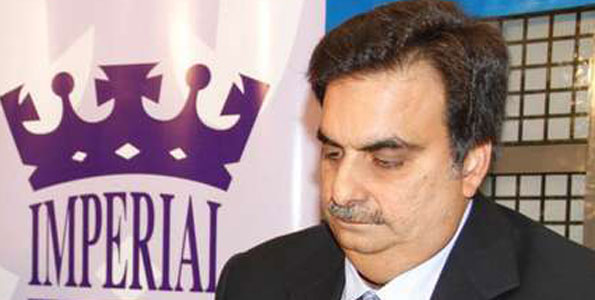
In an explosive affidavit filed in court in December by one of the bank’s former directors, Mukesh Kumar Patel, eight directors have accused CBK of being involved in the manipulation of the bank’s schedules. The directors claim that Mr Janmohamed, who died on September 15, 2015, had an inappropriate relationship with former CBK Governor Njuguna Ndung’u.
“Indeed, the relationship was one of collusion and corruption and there are emails confirming without doubt that the former Governor of the CBK was compromised by the former Group Managing Director through improper gifts extended to him,” says Patel in court documents.
One manifestation of the inappropriate relationship with the managing director is the occasion when Janmohamed is said to have paid for the then CBK governor’s holiday trip to a Thailand Spa & Resort and financed his travel to Dubai. Prof Njuguna Ndung’u with his wife are shown in email conversations asking Janmohammed through his secretary Ann Mboya to finance his return tickets from a holiday in Thailand. Prof Ndung’u, who went into consultancy and lecturing last year after serving two four-year terms as CBK governor, has yet to speak on these allegations or what he knew about the Imperial Bank issue.
In what is turning out to be a legal goldmine, Imperial Bank Limited, Kenya Deposit Insurance Corporation and Central Bank of Kenya moved to court early December seeking to recover Ksh42 billion from the directors, who they accused of awarding themselves Ksh2.7 billion in dividends despite knowing the bank’s true financial standing.
Imperial Bank sought orders to freeze the shares that directors own in 42 companies linked to them, which would effectively lock up funds for the directors in case a recapitalization formula was reached.
Litany of breaches
Forensic investigations conducted by FTI Consulting over the financial irregularities at the bank revealed multiple breaches of financial duty on the part of the directors, leading to massive losses. However, the directors have poked holes into the report claiming that the bank has not produced the FTI report in court. “It is irresponsible for the receiver to swear an affidavit alleging fraud and negligence by the Bank’s Board, in the absence of any material placed before the court in that regard, or such finding by any court of law,” Mr Patel said.
The Directors explained that following Janmohamed’s death, Naeem Shah (formerly the Bank’s Head of Credit) and James Kaburu (formerly the Bank’s Chief Finance Officer) were appointed on September 16, 2015 as acting Managing Director and Deputy Managing Director of the Bank, respectively. The two informed one of the former directors, Alnashir Popat, that the deceased had on numerous occasions initiated and authorised irregular disbursements of vast amounts of money belonging to the bank, which were concealed from the Board.
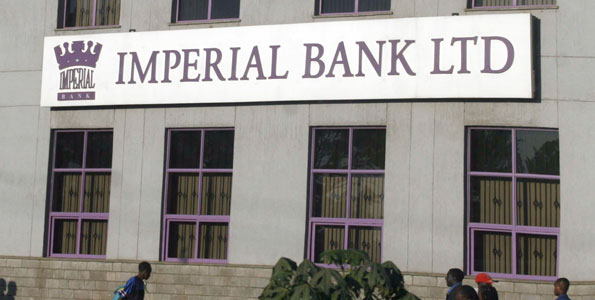
The two reported that they had been coerced by the managing director into effecting these illegal instructions and that their boss had, in fact, threatened to “destroy” them if they did not cooperate. The FTI preliminary report confirmed that Janmohamed had been running a scheme of fraudulent and illegal disbursements with accomplices, within and outside the bank, without the knowledge or consent of the Board.
The directors said that the issue was forwarded to CBK and that’s when the bank was placed under receivership. When he appeared before the National Assembly Finance Committee on December 1st, CBK Dr Njoroge, responding to the question from nominated MP Oburu Oginga seeking to know what had been done to the staff who had been implicated in the fraud at the collapsed banks, he said he did not have any evidence to hold any of his staff accountable.
Conspiracy of fraud
Some of the additional evidence adduced in court show that James Kaburu, CBK staff Simeon Rono and Matu Mugo (Assistant Director, Bank Supervision) conspired to ensure that Janmohamed remained the sole executive director by blocking the application of Anwar Hajee after the board expressed concerns that perhaps the late Janmohamed had too much latitude at the bank, which was risky. According to the CBK prudential guidelines, non-executive directors are not allowed access to core banking system to facilitate self-verification.
To show reports were falsified, the directors have included the schematics of how the data was deleted, showing different data on CBK’s reports and heavily edited data on the board papers, sometimes between Ksh8 billion to Ksh5 billion per quarter by deleting between 20-25 accounts from the list of top 50 borrowers and presenting cooked loan balances for other accounts.
[crp]
The directors say CBK was aware of illegal loans to Samani & W.E. Tilley. When CBK officials were carrying out an inspection and emails were received, so the script goes, they would delete any reference to them in their inspection report instead of highlighting the illegal loans. There was also the issue of falsifying bank accounts to meet the recommended non-performing loans and provisioning figures. Some of the accounts flagged as having been falsified include Samani, Jade, Adra, Metro, Italbuild, Sparetech, Added Performance and Rods& Steel.
CBK is said to have hired FTI Consulting despite massive conflict of interest and the attempt to secure data under false legal privilege. The shareholders have filed an application to have access to all FTI Forensic Reports.

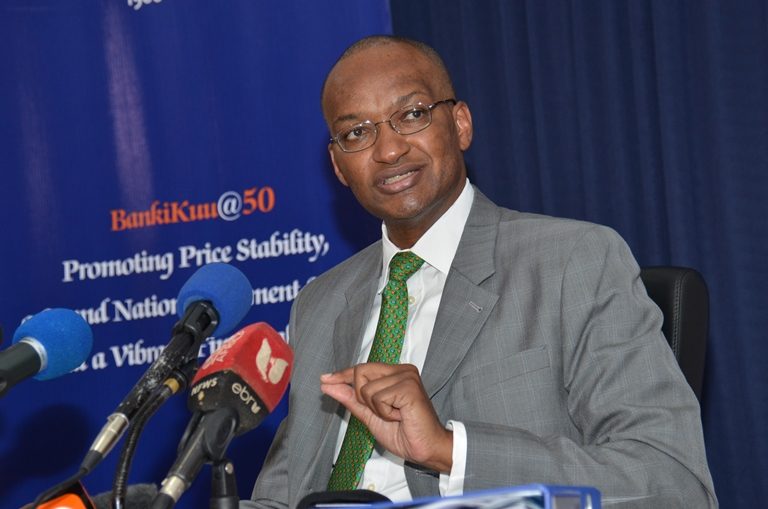
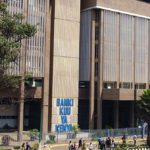















































![Pula Co-Founders and Co-CEOs, Rose Goslinga & Thomas Njeru. Pula provides agricultural insurance and digital products to help smallholder farmers manage climate risks, improve farming practices and increase their incomes. [ Photo / Courtesy ]](https://businesstoday.co.ke/wp-content/uploads/2021/01/Pula-Co-Founders-and-Co-CEOs-Thomas-Njeru-Rose-Goslinga.jpg)
























































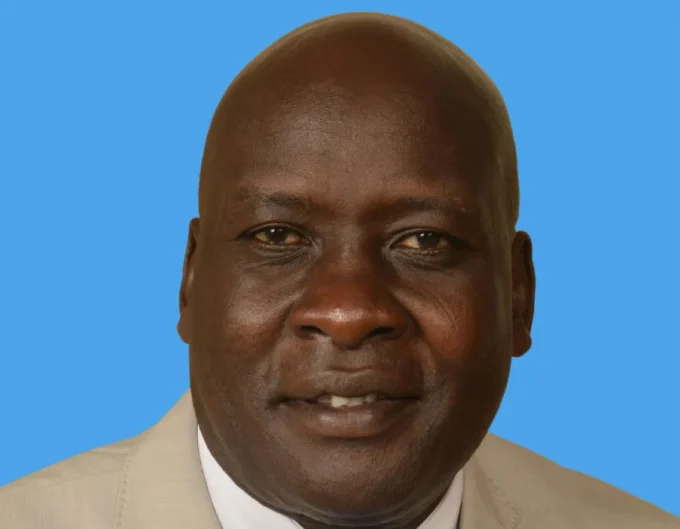


Leave a comment